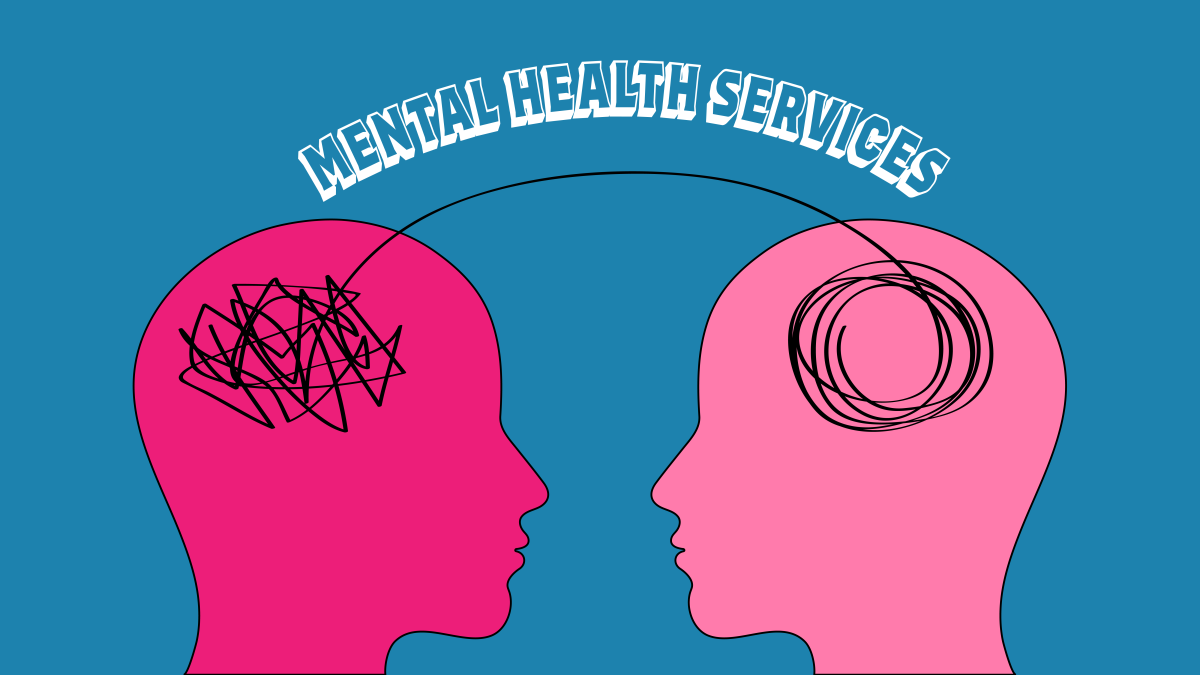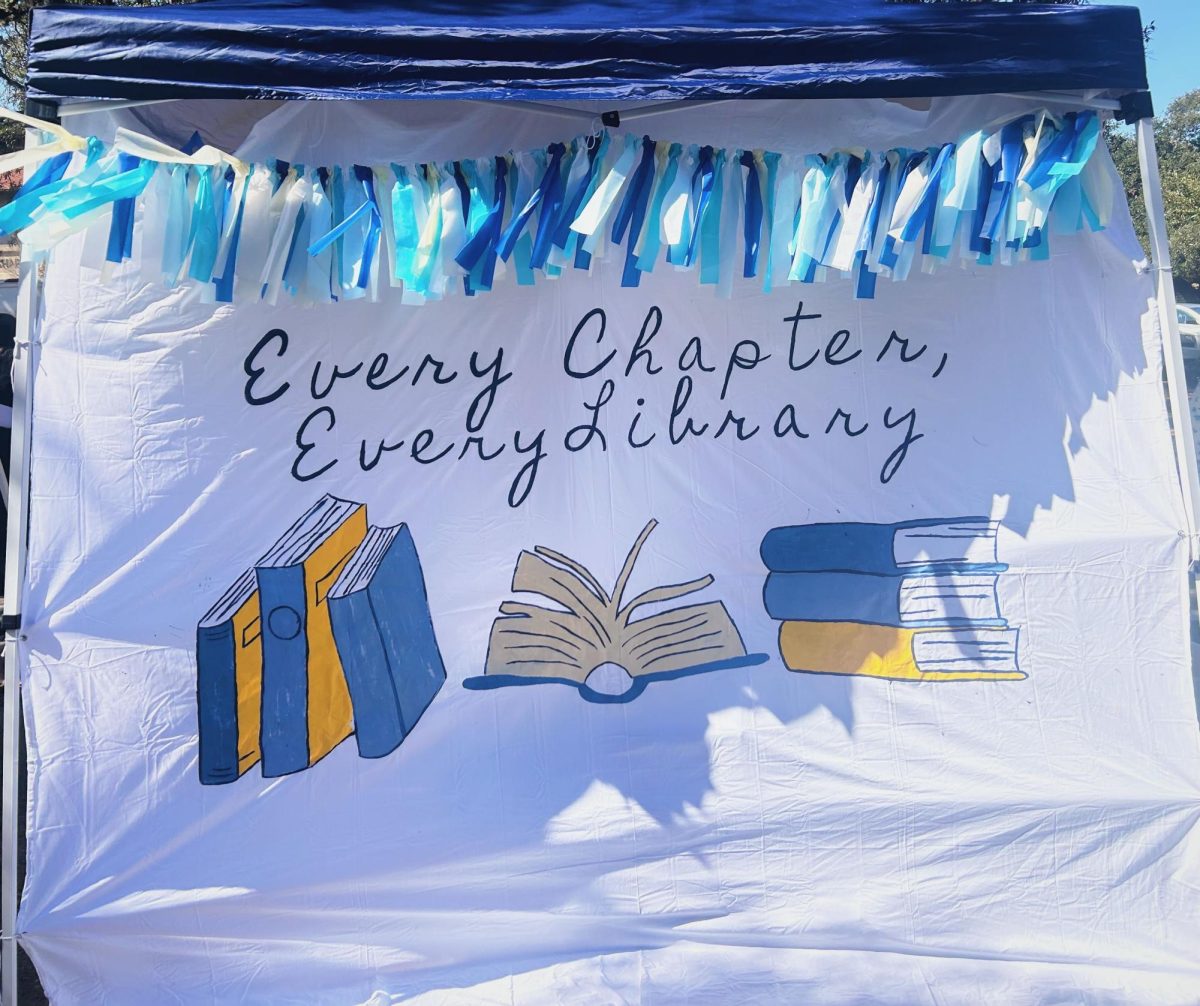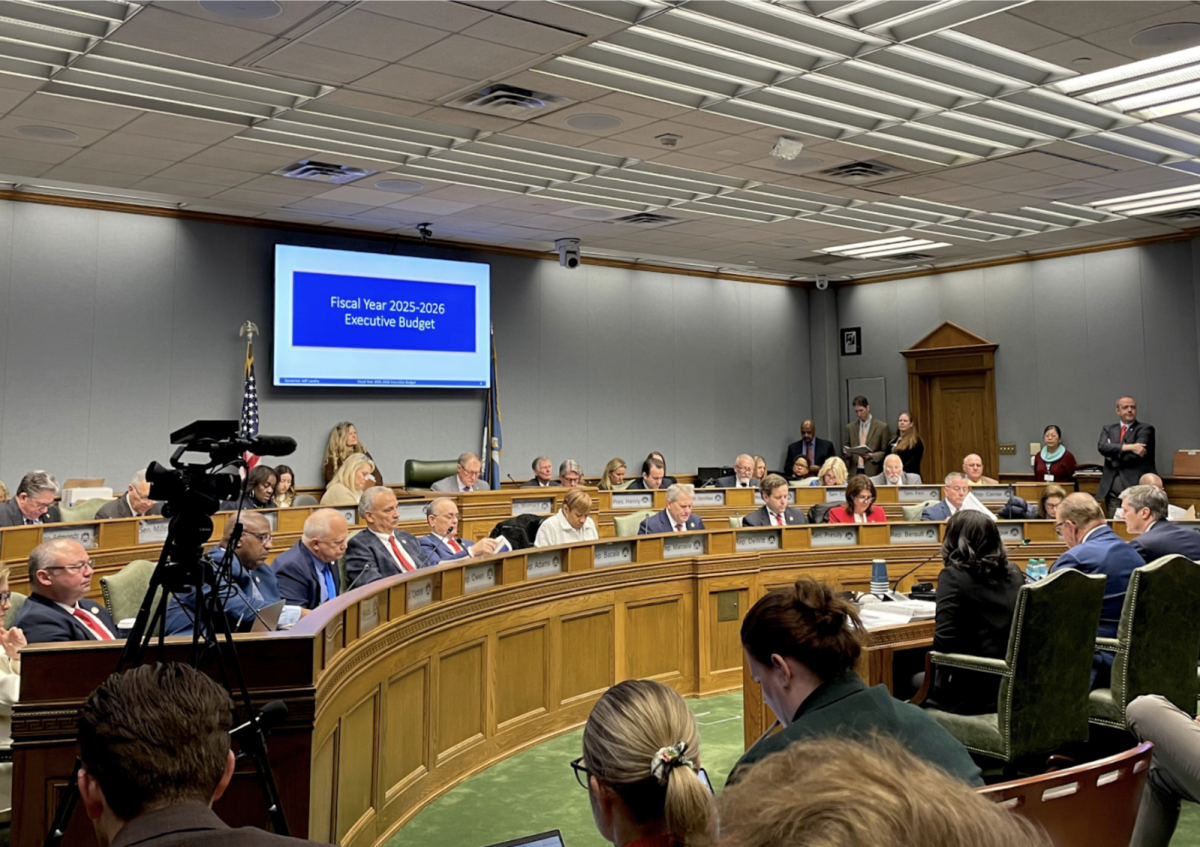Note: The Reveille is dedicating an investigative series to the operations of the Student Health Center. This is the third part of an ongoing series.
An Our Lady of the Lake representative denied rumors that the Student Health Center will begin charging students for therapeutic services starting in spring 2023 when Our Lady of the Lake takes over operations.
Director of Mental Health Services at the Student Health Center Raime Thibodeaux said that the student health fee in the fee bill has historically covered all services in the Student Health Center. Currently, mental health services are free for students, but this may change in January, Thibodeaux said.
“Students are not currently subject to insurance billing for individual mental health therapy appointments, group therapy appointments, walk-in appointments or mental health crisis appointments,” Thibodeaux said. “However, with Our Lady of the Lake assuming operations in January, it seems that they do have plans to bill insurance in Mental Health Service.”
Aaron Cox, a representative from Our Lady of the Lake, denied claims that the partnership will result in copays for students seeking mental health services in an email on Thursday. He said mental health services will still be fully covered in the spring.
Our Lady of the Lake’s mission is to improve the health and wellness of the LSU community, and there is no hidden agenda, Cox said.
“I don’t know what exactly you’re hearing from others, but I can tell you that this information is flatly false and that counseling services will be covered 100% as we mentioned before,” Cox said.
With plans still fluid before the transition officially takes place, Cox said that there will likely be updates as Our Lady of the Lake and the university finalize billing and operations structures.
The Reveille reached out to Thibodeaux again about Cox’s statement and received an email response on Friday.
“OLOL has been open to feedback about why access to mental health therapy for students should remain a priority and that barriers to care should be avoided where possible,” Thibodeaux said.
Thibodeaux also said that in the past two years, the Student Health Center has increased walk-in access for students and has reduced wait times for new appointments to two weeks or less, originally being around a six week wait.
“OLOL reps are working with University Communications for their upcoming announcements as details become finalized for when they assume operations Jan. 1,” Thibodeaux said in an email.
Our Lady of the Lake, a Catholic, not-for-profit general medical and surgical facility located in Baton Rouge, has committed $170 million over the next 10 years to better healthcare delivery, research and education, Cox said. Of that donation $85 million each in academics and athletic-focused initiatives, according to an LSU press release from February 2022.
He said the goal of the Student Health Center is to provide comprehensive, coordinated health care with access to an electronic health record that will stay connected as they grow and graduate.
“We envision the entire LSU community at peak performance—whether on the field, in the lab or in the classroom—with LSU students, faculty and staff becoming healthier across their lifetimes,” Cox said.
Cox said they are working daily through the specifics of the transition and looks forward to the launch of the new partnership in January.
“Our Lady of the Lake is working alongside LSU Student Health leadership as we transition operations of the Student Health Center and seek to provide an enhanced end-to-end system of care for all students on campus,” Cox said in an email statement.
International studies senior Emily Clark believes prioritizing mental health is important, and making mental health resources accessible to students should be a priority. Charging students for therapeutic services would put up an extra barrier, Clark said.
“I think [LSU knows] how important it is that mental health is accessible to students because we’ve seen the repercussions of what happens if students go without treatment, and it overall makes our community less strong and resilient,” Clark said.
Clark received free counseling from the Student Health Center for a couple of months during her freshman year. If the counseling wasn’t provided at no-cost, Clark said she wouldn’t haven’t gone because of that extra barrier.
While Clark said her experience with the Student Health Center counseling wasn’t perfect, she feels it helped her and is grateful.
“It definitely really, really helped me stabilize myself,” Clark said. “And find some grounding, and kind of discover some of the emotions that were causing issues.”






